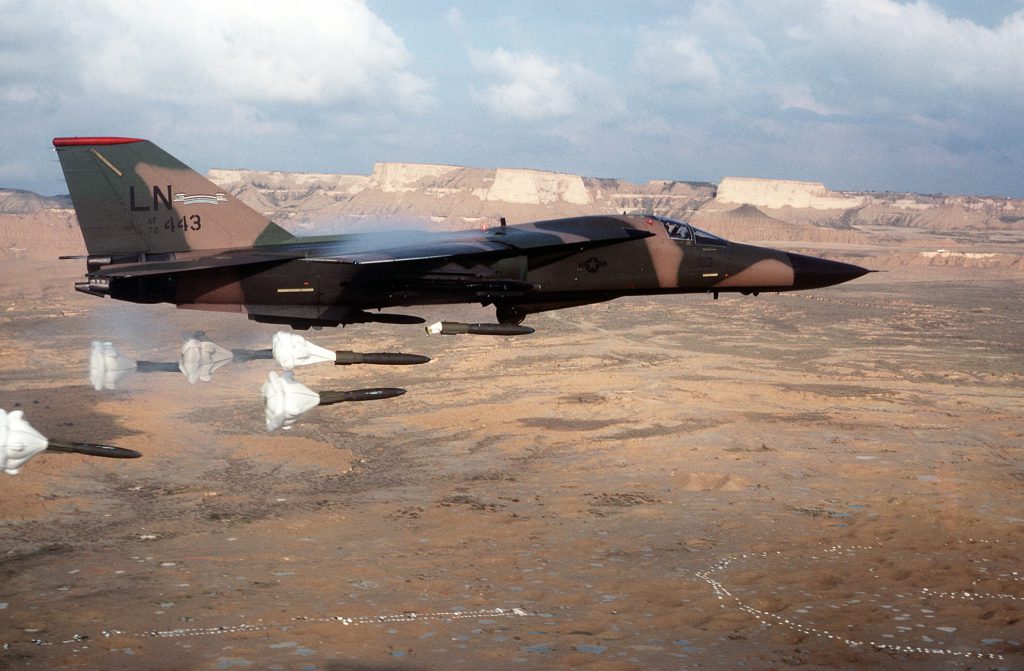
Unveiling the Israel-Iran War: Historical Background and Current Perspectives
Updated March 2024
Introduction:
Delving into the complex and often volatile dynamics between Israel and Iran, this article analyses the historical background, current perspectives, and potential future implications. We aim to understand this multifaceted conflict while remaining impartial observers comprehensively. By exploring the past and examining recent developments, we strive to illuminate the complexities shaping the ever-evolving landscape of the ongoing struggle between these two nations.
Historical Background:
The Israel-Iran conflict has a long and intricate history, with tensions stretching back decades. One of the key factors contributing to the hostility between the two countries is the consistent calls for Israel’s destruction by Iranian leaders. This rhetoric has been a recurring theme, with influential figures in Iran advocating for the use of nuclear weapons against Israel.
During a Friday prayer service in Tehran, Ayatollah Ali Akbar Hashemi-Rafsanjani, an influential Iranian cleric, infamously suggested that Muslim nations use nuclear weapons against Israel. He assured his audience that such an attack would result in Israel’s destruction while only causing “damages” in the Muslim world. This provocative statement highlighted the Iranian leadership’s aggressive stance towards Israel.
Additionally, former Iranian President Mahmoud Ahmadinejad openly called for Israel’s destruction and actively recruited individuals for suicide operations, demonstrating his government’s hostile intentions. He and other Iranian leaders have expressed their belief that Israel is an illegitimate state and have suggested that its people should relocate elsewhere.
Current Perspectives and Developments:
The tensions between Israel and Iran persist and have evolved over the years. Israel has become increasingly vocal about its concerns regarding Iran’s nuclear program. Israeli leaders, including former Prime Minister Ehud Olmert, have acknowledged their country’s nuclear capabilities and warned about the potential consequences of Iran acquiring nuclear weapons. They view Iran’s nuclear ambitions as an existential threat and believe that swift and unilateral action may be necessary to prevent a dire outcome.
On the other hand, Iran continues to strengthen its military capabilities and has become more assertive in the region. The election of President Ebrahim Raisi in 2021, known for his hardline stance, has further complicated the dynamics. Iran’s support for the Syrian government in the Syrian Civil War has brought Iranian forces closer to Israel’s borders, heightening tensions.
The relationship between the two countries has been marked by a series of cyber attacks, assassinations, and strikes on each other’s assets. Accusations and counter-accusations of cyber attacks on critical infrastructure have added to the strain. The assassination of Iran’s top nuclear scientist, Mohsen Fakhrizadeh, in 2020 led to Iran blaming Israel and further deteriorating their relationship.
Regional Arms Race and Geopolitical Implications:
Iran’s pursuit of nuclear weapons has significant implications for regional stability. If Iran were to acquire nuclear weapons, it could trigger an arms race in the Middle East. Many Arab nations, particularly Saudi Arabia, Egypt, and Syria, would feel compelled to develop their nuclear capabilities to counter the perceived threat from both Israel and Iran. This scenario could lead to heightened instability and increase the potential for conflicts in the region.
The geopolitical situation in the Middle East is already complex and volatile. The presence of other conflicts, such as the war in Afghanistan and the sectarian violence in Iraq, adds to the overall instability. A full-scale civil war in Iraq, for example, could draw in neighbouring countries and further escalate tensions.
Economic and Market Impact:
The potential for military conflict between Israel and Iran has significant economic implications, particularly in the energy markets. An Israeli attack on Iran is estimated to have a greater than 75% likelihood, and such an event would cause a substantial oil shock globally. This disruption would impact energy stocks and the broader commodities sector, leading to price surges and market volatility.
Additionally, the religious provocation index surpassing 900 indicates an increase in religiously motivated violence, particularly in the Middle East. This development raises concerns about a potential major civil war in Iraq, which could have widespread consequences for the region’s stability.
Recent Escalations: April 2024 Attacks
In a recent escalation of tensions, Israel and Iran engaged in a series of attacks in April 2024. Israel allegedly carried out a cyber attack on Iran’s Natanz nuclear facility, causing significant damage and setting back Iran’s nuclear program. Iran retaliated by launching a missile attack on Israeli targets in the occupied Golan Heights and Galilee. Although most of the missiles were intercepted, the attack caused some damage and injuries.
This exchange of attacks marked a significant development in the ongoing “shadow war” between the two nations, indicating a shift towards more direct military confrontations. The incident highlighted the fragile nature of their relationship and the potential for further escalation.
Conclusion:
The complex dynamics between Israel and Iran present a challenging situation with far-reaching consequences. While a full-scale war has not yet occurred, the ongoing “shadow war” of cyber attacks, assassinations, and strikes continues to strain their relationship. The international community must prioritize diplomatic efforts and promote dialogue to de-escalate tensions and prevent further escalation.
The potential impact of a military conflict between these two countries cannot be overstated, and all efforts should be made to pursue peaceful resolutions. As the situation evolves, a comprehensive understanding of the historical context and current developments is crucial for navigating the complex landscape of the Israel-Iran tensions.
Wise people, even though all laws were abolished, would still lead the same life
Aristophanes BC 448-380, Greek Comic Poet, Satirist
Other articles of interest:

Define Indoctrination: The Art of Subtle Brainwashing and Conditioning

The Statin Scam: Deadly Profits from a Pharmaceutical Deception

Copper Stocks: Buy, Flee, or Wait?

Dow 30 Stocks: Spot the Trend and Win Big

Coffee Lowers Diabetes Risk: Sip the Sizzling Brew

3D Printing Ideas: Revolutionize Your Imagination

Beetroot Benefits for Male Health: Unlocking Nature’s Vitality

Norse Pagan Religion, from Prayers to Viking-Style Warriors

Example of Out of the Box Thinking: How to Beat the Crowd

6 brilliant ways to build wealth after 40: Start Now

Describe Some of the Arguments That Supporters and Opponents of Wealth Tax Make

What is a Limit Order in Stocks: An In-Depth Exploration

Lone Wolf Mentality: The Ultimate Investor’s Edge

Wolf vs Sheep Mentality: Embrace the Hunt or Be the Prey

Best ETF Strategy: Avoid 4X Leveraged ETFs like the Plague
Avoid These Common Stock Investment Mistakes


